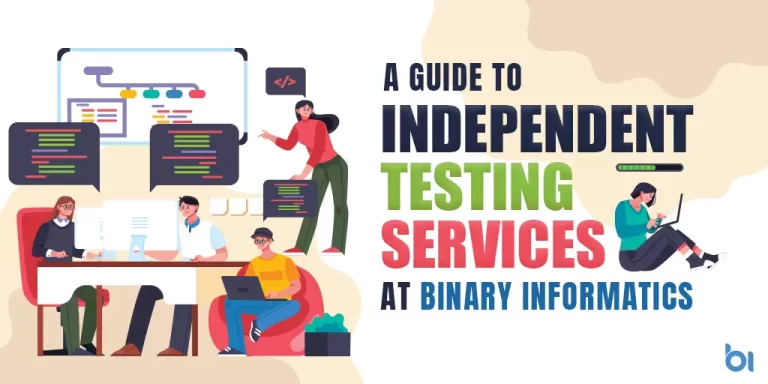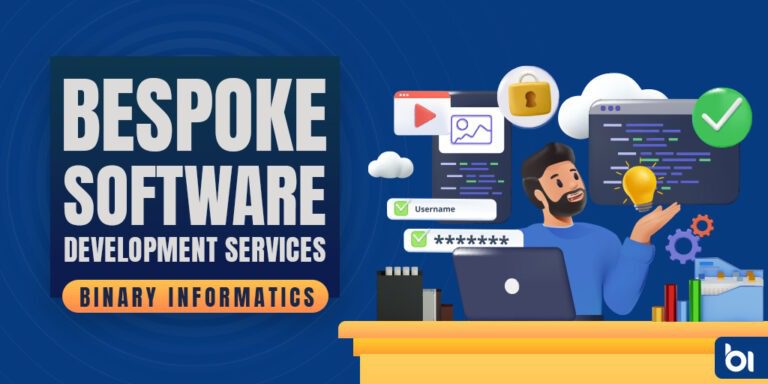Table of Contents
ToggleIntroduction Flutter and Ionic
Flutter is an app development framework from Google. It’s been in development since 2017, with an initial release in 2018, and so far, has received much praise for being an elegant, modern mobile app development framework.
While Ionic is the mobile development framework from the industry-leader of software solutions company, Ionic, which went live in 2012. The team behind Ionic is a leading open-source development framework for the full-stack of the Web and mobile, building for web, iOS and Android.
Flutter Vs Ionic – Market Usage Statistics
Flutter Statistics
- 39% of the population use Flutter to build cross-platform mobile applications worldwide. (Source: Statista)
- Flutter is loved by 68.8% of the developing community. (Source: stack overflow)
Ionic Statistics
- 86% of developers prefer Ionic for mobile development
- Nearly 5 million apps are created using the Ionic framework
The Pros of Using Flutter for Mobile App Development
Flutter is currently the best solution for developing modern mobile apps. Although there are a few shortcomings in the mobile development, it can give you more control than any other existing mobile development frameworks.
1. Performance
Flutter is said to be significantly faster than React Native and SwiftUI. It’s possible to deliver the whole UI and animations in under 5 seconds. The entire framework is optimized to give you maximum performance on mobile and is as fast as possible for cross-platform development.
The overall user experience and the speed of app development are really impressive.
2. No Third-Party Libraries
Flutter gives you the freedom to write your code without any third-party libraries.
It’s much easier to write, and maintain the application. As a result, your app’s code is always highly-tested. This has the added benefit of preventing bugs from entering your app.
3. App Size
The framework can compile your code into native Android and iOS apps with the option to build appx. Both iOS and Android support appx now.
The app size is pretty small and is about 50MBs to 150MBs. It’s just around the size of an average app that doesn’t have third-party libraries.
The Pros of Using Ionic for Mobile App Development
Ionic is still developing, but it has become the go-to solution for developing mobile apps. The speed of application development has become a big focus in the development community. It is a well-maintained open-source project with more than 3 million developers.
Ionic supports all modern platforms, which makes development easier and saves time. When you go through all the documentation and use the framework, you’ll have an idea of what you need to develop a great app.
1. Quick Development
Ionic is a modern cross-platform framework, which helps you create native apps and web apps with one set of code. The whole framework can be compiled to native Android, iOS, and Windows.
With the cross-platform capabilities, the development is faster, and app updates are easier. It’s possible to get started and do your app with ease.
The framework has a lot of documentation. You can read all the documentation online and can do the development very quickly. You don’t have to worry about documentation as the framework has everything under one roof.
2. Flexible and User-Friendly
Ionic apps are flexible and user-friendly. You can customize the look and feel of your app, and build a stunning app with one-touch features.
The framework is very user-friendly. This makes it easier for users to do many things and navigate the app. The look of the app is also very customizable, which helps the users interact with your app.
3. Support for All Modern Platforms
With Ionic, you can easily develop a hybrid app, meaning it can be easily compiled to both Android and iOS. You don’t have to do too much if you’re not good at developing iOS apps.
The framework supports the latest version of XCode, as well as Apache Cordova, which is used for cross-platform development. Cordova is a very powerful technology, and is used in many cross-platform apps such as Instagram, Snapchat, and WhatsApp. Below are the major differences between Flutter and Ionic:
Flutter Vs Ionic
1. Flutter Vs Ionic: Compatibility
Flutter has built-in support for iOS and Android, and makes your app compatible on both platforms. It can be used from the mobile UI level, from web apps, and from cloud-based web services.
Ionic allows you to create cross-platform apps that will run on any device, web or native. You can choose from the existing and the most popular frameworks for the other platform, and easily extend the application’s capability. Ionic does not have built-in support for iOS.
2. Flutter Vs Ionic: Platform Versions
Flutter can be used with Dart 1.1+ or 1.2+. The latest Flutter 0.1 is compatible with the latest version of Android and iOS. Ionic uses JavaScript and HTML and supports any version of Android and iOS.
3. Flutter Vs Ionic: Frameworks
Flutter uses dart, and supports the development of native-looking mobile apps in a fast, safe and productive environment. It allows you to create the entire app from the UI level to the database layer. It also includes a strong package management. Ionic supports HTML and CSS and native-looking applications for any version of iOS or Android.
Flutter: It is used for building fast and cross-platform apps. It can be integrated with any third-party SDK, such as firebase, cloud kit, google maps and more. Flutter is integrated with the pub package management and includes powerful widgets for building apps.
Ionic: This framework was built to create beautiful mobile apps that look like native apps. It is also fully compatible with other third-party SDKs.
4. Flutter Vs Ionic: Deployment
Both frameworks provide a native solution for a cross-platform, native look and feel of apps. Ionic and Flutter apps run under native iOS and Android runtimes.
The Ionic Builder can deploy to App store and Play store, which are the most popular app stores and are supported by all the major OS versions. This framework has also the flexibility to generate cross-platform apps with an app build file. For Flutter, one can generate a package from the iOS and Android app code and deploy it to the respective app stores.
It also includes a command line interface that is supported by all the major OS versions.
Conclusion
In Comparison of Flutter Vs Ionic, You can easily start a mobile app development process with Flutter if you choose to use it for your next app. Flutter has been gaining a lot of traction in the past few years as it allows its users to build better, fast, and cross-platform apps for both iOS and Android. if your project has a complicated user requirement, always hire an expert team for Flutter app development.




